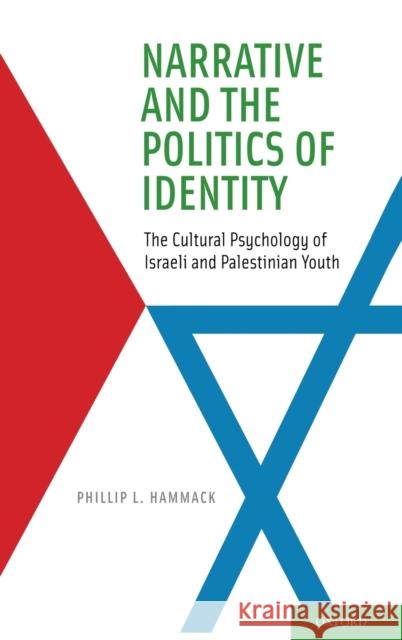Narrative and the Politics of Identity » książka
Narrative and the Politics of Identity
ISBN-13: 9780195394467 / Angielski / Twarda / 2010 / 424 str.
Since the late nineteenth century, Jews and Arabs have been locked in an intractable battle for national recognition in a land of tremendous historical and geopolitical significance. While historians and political scientists have long analyzed the dynamics of this bitter conflict, rarely has an archeology of the mind of those who reside within the matrix of conflict been attempted. This book not only offers a psychological analysis of the consequences of conflict for the psyche, it develops an innovative, compelling, and cross-disciplinary argument about the mutual constitution of culture and mind through the process of life-story construction. But the book pushes boundaries further through an analysis of two peace education programs designed to fundamentally alter the nature of young Israeli and Palestinian life stories. Hammack argues that these popular interventions, rooted in the idea of prejudice reduction through contact and the cultivation of 'cosmopolitan' identities, are fundamentally flawed due to their refusal to deal with the actual political reality of young Israeli and Palestinian lives and their attempt to construct an alternative narrative of great hope but little resonance for Israelis and Palestinians. Grounded in over a century of literature that spans the social sciences, Hammack's analysis of young Israeli and Palestinian lives captures the complex, dynamic relationship among politics, history, and identity and offers a provocative and audacious proposal for psychology and peace education.











